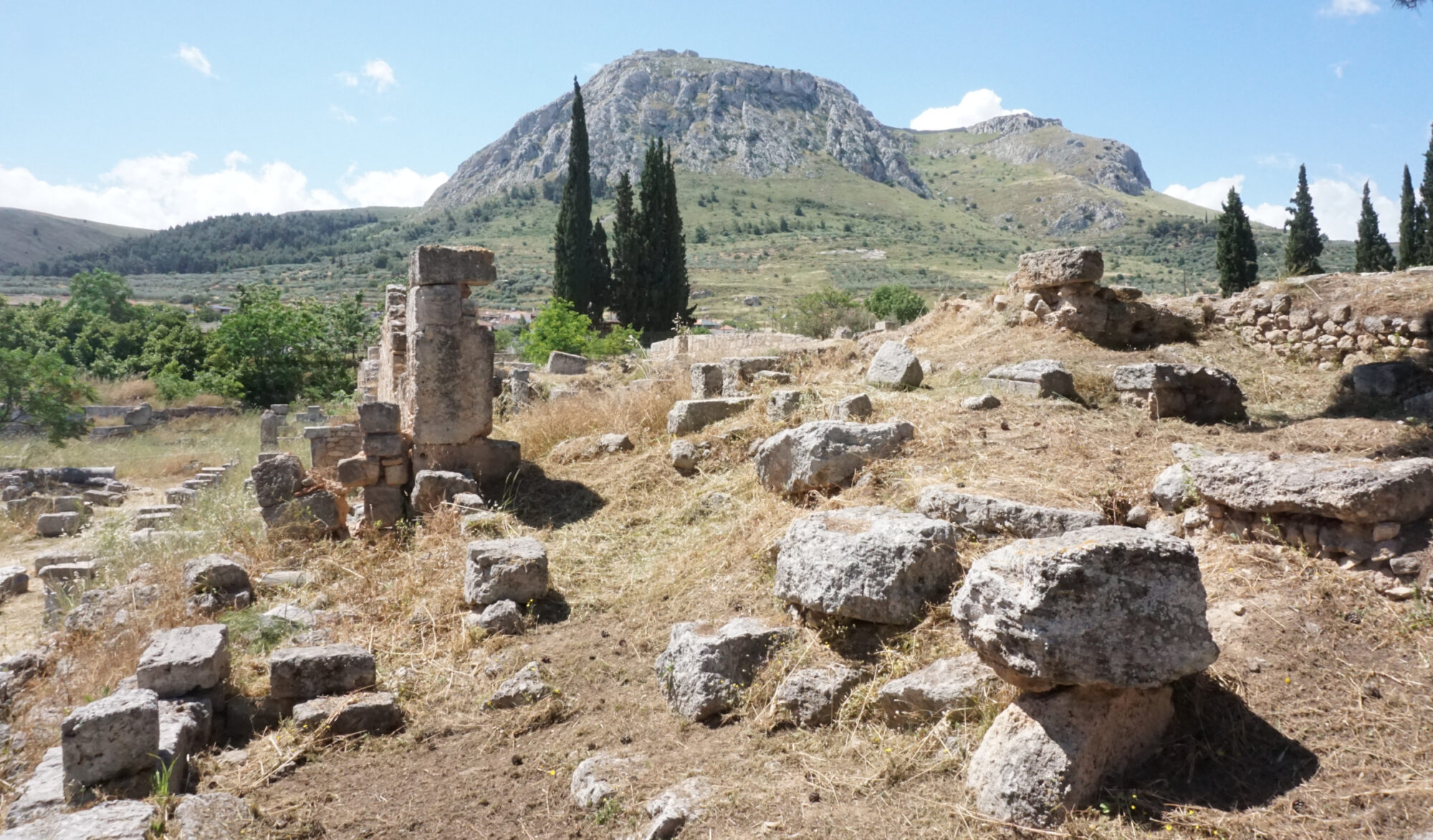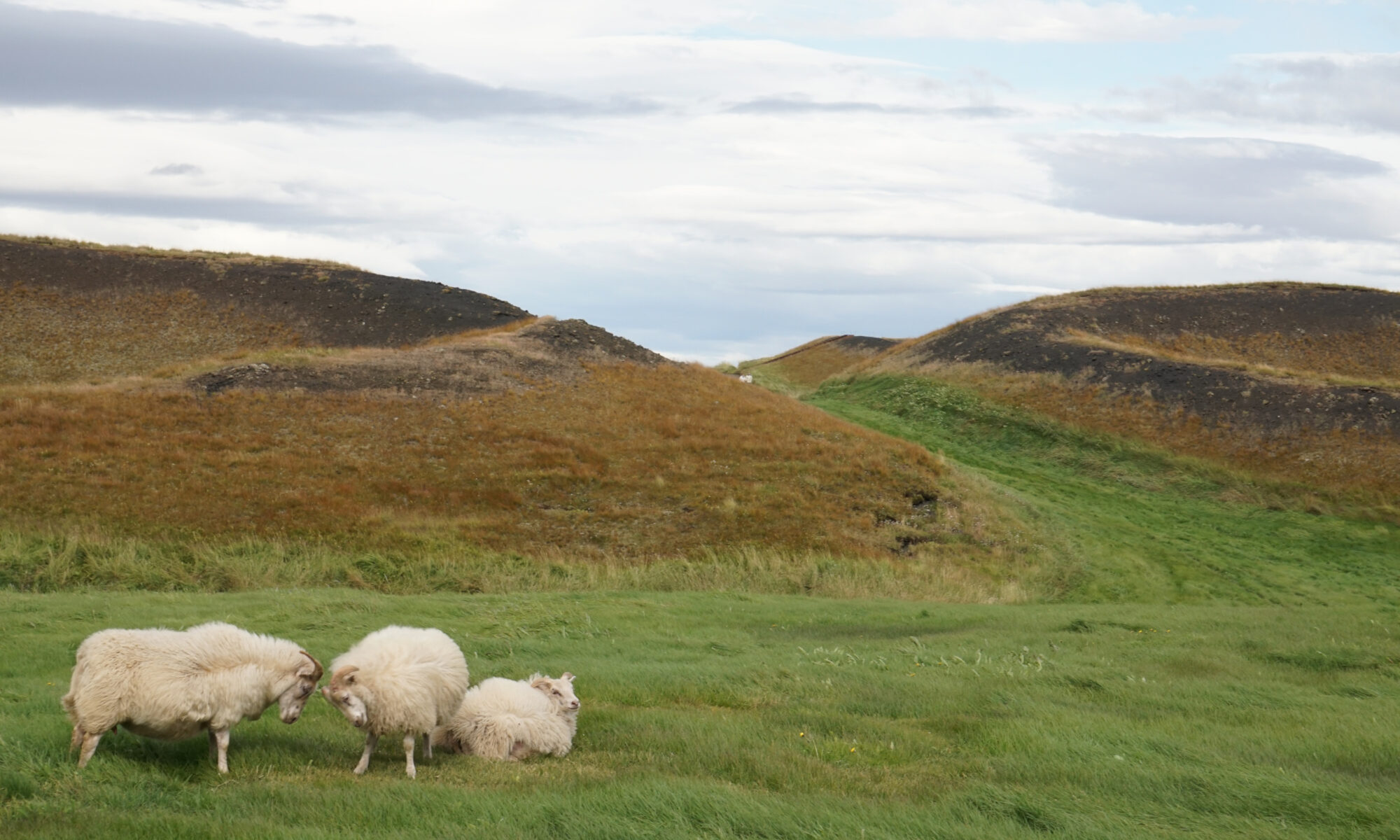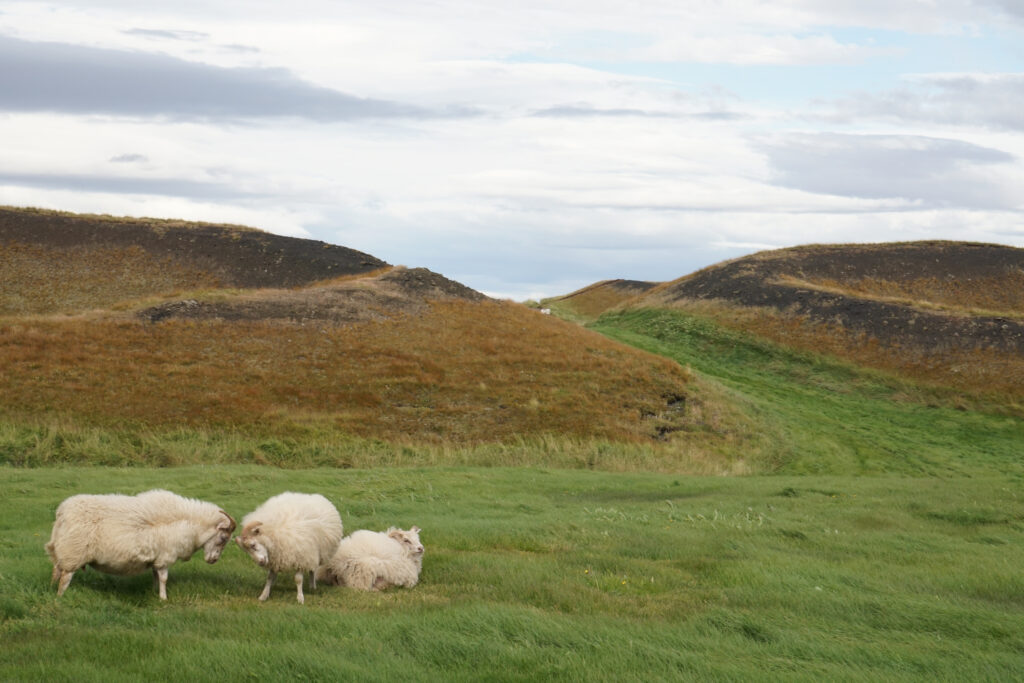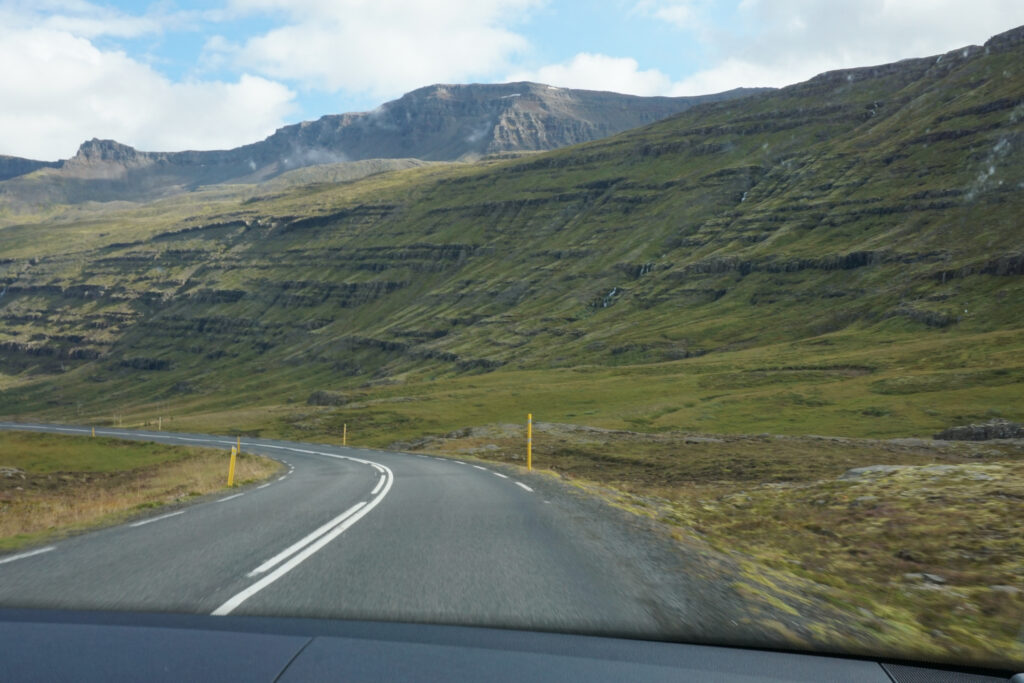
Daniel 5:20 (ESV)—But when his heart was lifted up and his spirit was hardened so that he dealt proudly, he was brought down from his kingly throne, and his glory was taken from him.
The waves rose and crashed near the shoreline. Boogie board in hand, I waded into the Hawaiian waters, confident of my skills.
I have this.
As the sun moved across the sky, the waves swelled bigger. My earlier confidence waned and my countenance changed.
I’ve done this before. Of course I can do this.
I charged back toward the waves. The swell grew and I craned my neck upward, and I ran toward the shore. Fun being had and husband in the water with me, I scanned the waves and, once again, stepped out deeper.
I’m not going to run this time.
The large swell rose on the surface, growing, growing, growing. I pressed my feet into the sand and launched myself forward.
Only I misjudged and the wave pressed me down, underwater, onto sandy ground. Surfacing and spitting out a mouthful of saltwater, I walked as fast as possible to the sandy shore and collapsed on my beach towel.
King Belshazzar’s story begins with wine drunk from the holy temple vessels, all while “[praising] the gods of gold and silver, bronze, iron, wood, and stone” (Daniel 5:4)—his version of a day at the beach, for sure. However, his countenance of wine-fueled merriment changed when he saw a hand writing on the wall. He called upon the enchanters, Chaldeans, and astrologers to interpret the writing. He boosted his confidence with an offer to clothe in purple, put a gold chain around the neck of, and declare the third ruler in the kingdom the person who could interpret the writing for him.
These servants could not interpret the message. A metaphorical wave smacking him in the face, the king became “alarmed” (Daniel 5:9).
At this point, the queen reminded him of a man named Daniel, who had in him “the spirit of the holy gods.” So the king called on the holy gods. Daniel, a God-fearing man, said he did not want the king’s offerings but would interpret.
Daniel’s interpretation swelled like a tsunami. King Belshazzar had not learned the lesson of his father, King Nebuchadnezzar, that these holy gods did not have control, that God was sovereign. He also learned his reign was ending.
After Daniel gave his grave interpretation, Belshazzar spit out his mouthful of saltwater and made another attempt to stay in control, it seemed. He upheld his promise of clothing Daniel in purple, putting a gold chain around his neck, and making him third ruler of the kingdom.
On that night, the king was killed.
The writing on the wall may come subtly at first, like gentle swells in the ocean. But when we ignore these calls from God, and instead rely on our own power, the writing on the walls becomes more intense. The intensity may be our sign from God that it’s time to turn to him and that we’re relying more on ourselves than on him.
In these moments, an examination of our past choices can reveal when our choices belonged to God and when they belonged to ourselves. If we trust as Daniel did, and trust his past goodness extends to the future, we can rest assured “[God] will divide the spoils with the strong, because he poured out his life unto death, and was numbered with the transgressors. For he bore the sin of many, and made intercession for the transgressors” (Isaiah 53:11–12). Indeed, he will clothe us in purple in his time.



